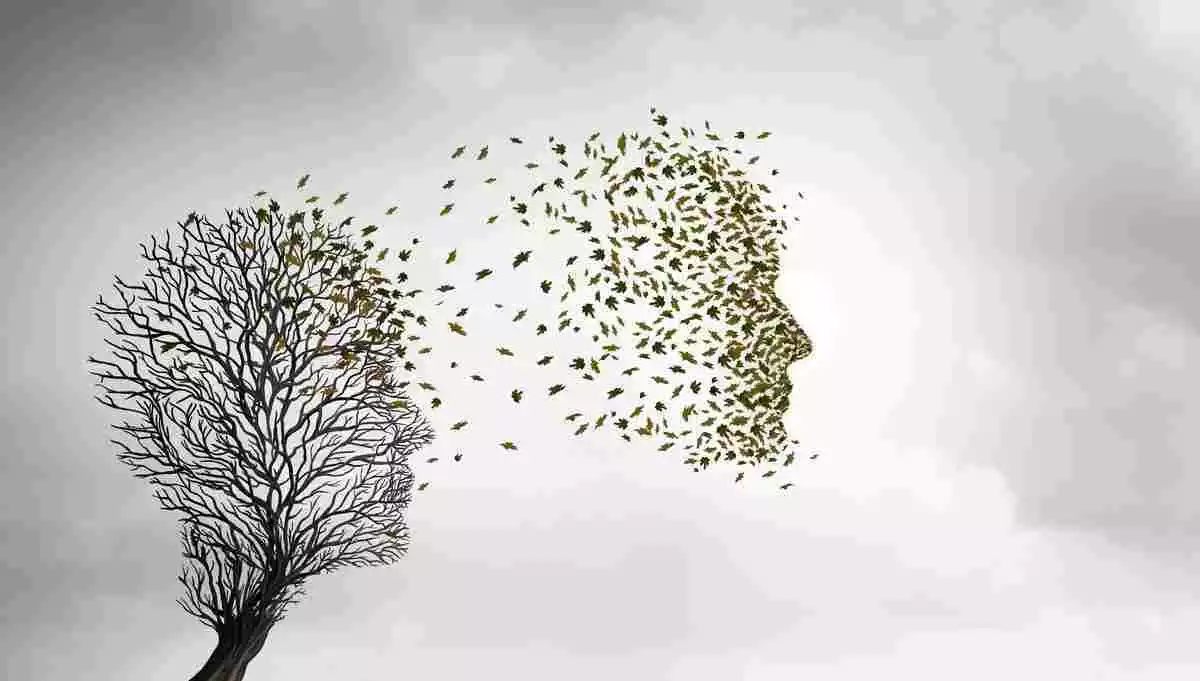
The doctrine of reincarnation comes from the idea that each soul carries several lives within. Once we die, our soul doesn't; it just finds rebirth in a new body after a period of solace.
Why does this happen? To complete what we could call life lessons, which are required to reach ultimate enlightenment. This makes life, death and rebirth a complete cycle in themselves.
[predef]mh-general-eng-489[/predef]
Reincarnation, karma and the soul: settling ideas down
The soul's survival has been a constant worry for humans since the beginning of time, and it isn't a surprise that there would eventually be theories connected to reincarnation. Reincarnation is brought up in the oldest Asian religions. There's Hindu scriptures from 5000 years ago which mention the eternal core of man, which embodies several lives in one single physical body.
- Lost souls: Find out about the blessed souls of purgatory
If we take a dictionary, we'll see that one of the meanings of embody is literally 'to give a body to a spirit', to give it a physical form in the flesh. That's why reincarnation implies that this process is repeated.
It should be noted, however, that theorising about the immortality of the soul and reincarnation isn't exclusive to the religious domain. For instance, Descartes claimed that the soul resides in the pituitary gland, and Leibniz saw spirits everywhere.
Spinoza believed that each of us has a fragment of eternal substance, and pointed out that our fate after death would depend on our efforts taken across life, to be able to separate from our physical bodies and join the divine thoughts. Kant created premises about the immortality of the soul.
- You might be interested: Afterlife and near-death experiences, what comes next?
The role of karma in reincarnation: how our past lives affect us
There's a saying that claims that you reap what you sow, and when it comes to karma, the main law behind it could be perfectly summarised with such a statement; that is, every action has a reaction, just like Newton said.
Karma is a Sanskrit word that means 'job' or 'act', and refers to actions, their reactions, and how the energy we use have a return path to go back to a balanced state, and restore it. That means we need to be aware of our actions.
Buddhism connects reincarnation and karma. According to this religious path, when we live with justice, we can break free from what is known as the wheel of rebirth. A just, fair life can send away negative karma from past lives so that we can go back to Nirvana, a state of eternal bliss.
Enlightened individuals say that certain illnesses are the consequences of the imprints that our soul keeps during the journey of its lives. In hinduism, we can also see that society is divided in castes, each one with a different mission, and when we are born we'll belong to a superior or inferior caste according to our behaviour in past lives.
In the West, karma is seen as something positive, a new chance to learn. It isn't a punishment, but a principle that leads us into understanding that what we do to others, we do to ourselves, and the other way round.
Karma and reincarnation entered the West thanks to Helena Blavatski, the founder of theosophy. Since then, many modern-day Western spiritual paths are based upon the principles of reincarnation and karma.
The cycle of reincarnation
Before we come into this Earth, we consider the life goals we wish to reach, the lessons we'd like to learn and the best way to be successful. Then, the execution plan of our life comes together, in a way, and we choose our circumstances, parents and birthplace.
At the beginning of our reincarnation, the soul comes into the womb to get ready for the physical birth on Earth. Some authors such as Albert Bodde state that embodiment takes place more or less halfway through pregnancy, when the baby's first movements are perceived. Others, however, point to birth itself as the time when reincarnation occurs.
Once embodiment is complete, we live our lives, but not everyone follows the aforementioned execution plan. If you come out of your set path, your life won't work, you'll notice something's amiss; but each person will experience that feeling on their own way, and that void will probably be filled with material goods.
If we're foul in our current or past lives, we'll be in debt to karma, and we shouldn't forget that whatever we did in one life is just as present and likely to occur in the next.
Whoever understands how karma works will take on any responsibility that ensues, even in the hardest of situations, and won't point outwards. Understanding how karma works has a serious influence in our attitude towards life.
Memories from past lives
It is usually said that between the ages of 2 and 4, we can have memories from our past lives, and as soon as we learn to speak as children, we get closer to our previous life. That's why sometimes children seem to behave like grown-ups, or to look like grown-ups and not like the little kids they are.
As we grow up, those reincarnation and past lives' memories fade away, especially between the ages of 5 and 8, the same period where many new things are experienced, and many stimuli and pieces of information come into our brain, unraveling the experiences from past lives. Psychology professor Ian Stevenson studied this phenomenon in the 1970s, and even managed to make some children remember who they were in their previous life, and revisit their old homes.
If someone wants to know about their past lives before reincarnation, they can also do it through a regression therapy with hypnosis. Through this method it can be found out, for instance, why we have certain fears or specific physical issues.
